

"A step towardsa beautiful world,
Hwa Shin Special Textile Filter will come together."
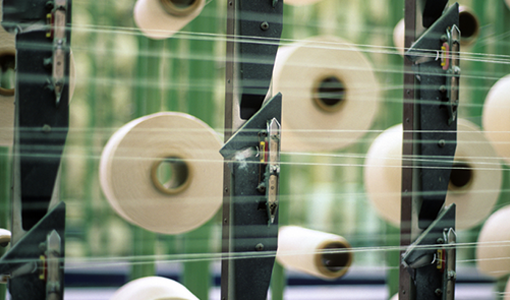
PP, PET, NYLON and other special materials such as Aramid, PPS and Glass are woven into fibers and used as industrial materials.
* Each filter bag can be made up to customer’s requirement.Aramid fibers are a class of heat-resistant and strong synthetic fibers.They are used in aerospace and military applications, for ballistic rated body armor fabric and ballistic composites, in bicycle tires, and as an asbestos substitute. The name is a portmanteau of “aromatic polyamide". They are fibers in which the chain molecules are highly oriented along the fiber axis, so the strength of the chemical bond can be exploited.
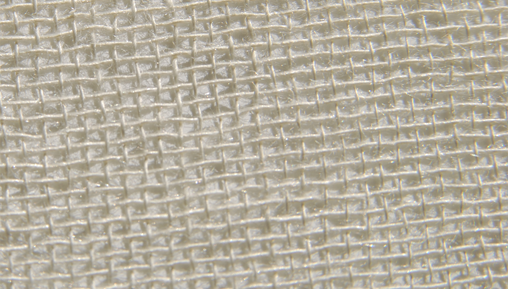
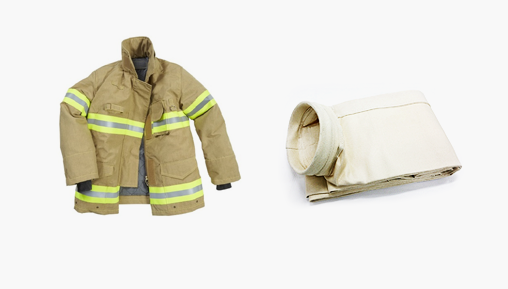
The properties of carbon fibers, such as high flexibility, high tensile strength, low weight,
high resistance, high temperature tolerance and low thermal expansion, make them very popular in
aerospace, civil engineering, military, and motorsports, along with other competition sports. However,
they are relatively expensive when compared to similar fibers, such as glass fibers or plastic fibers.
Carbon fiber is most notably used to reinforce composite materials, particularly the class of materials
known as Carbon fiber or graphite reinforced polymers. Non-polymer materials can also be used as the
matrix for carbon fibers
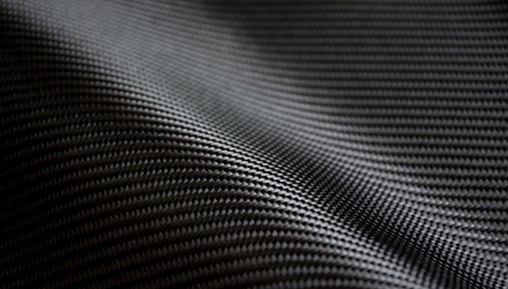

Glass fiber is commonly used as an insulating material. It is also used as a reinforcing
agent for many polymer products; to form a very strong and light fiber-reinforced polymer (FRP) composite
material called glass-reinforced plastic (GRP), popularly known as "fiberglass".
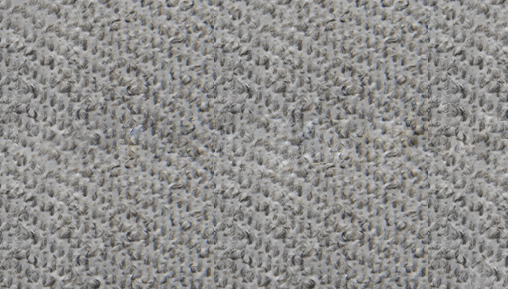

Polyphenylene sulfide (PPS) is an organic polymer consisting of aromatic rings linked with
sulfides. Synthetic fiber and textiles derived from this polymer are known to resist chemical and thermal
attack. PPS is used to make filter fabric for coal boilers, papermaking felts, electrical insulation,
specialty membranes, gaskets, and packings. PPS is the precursor to a conducting polymer of the
semi-flexible rod polymer family. The PPS, which is otherwise insulating, can be converted to the
semiconducting form by oxidation or use of dopants.
| Ryton (PPS) |
Maximum continuous temperature |
Maximum continuous temperature |
Energy consumption | Filtration characteristics | Moist Heat | Alkalines | Mineral Acids |
Oxygen (15%+) |
|---|---|---|---|---|---|---|---|---|
| 190 º C | Good | Good | Good | Good | Excellent | Excellent | Poor** |